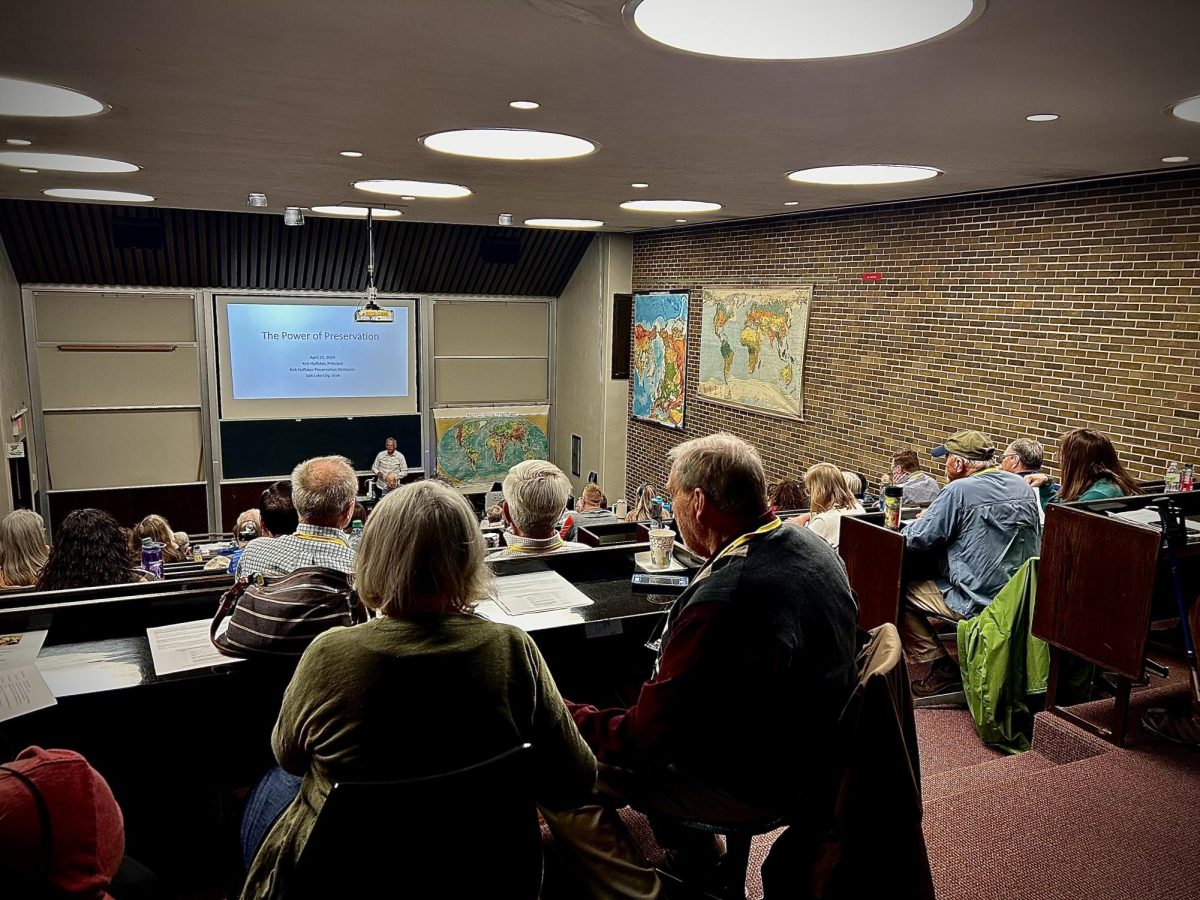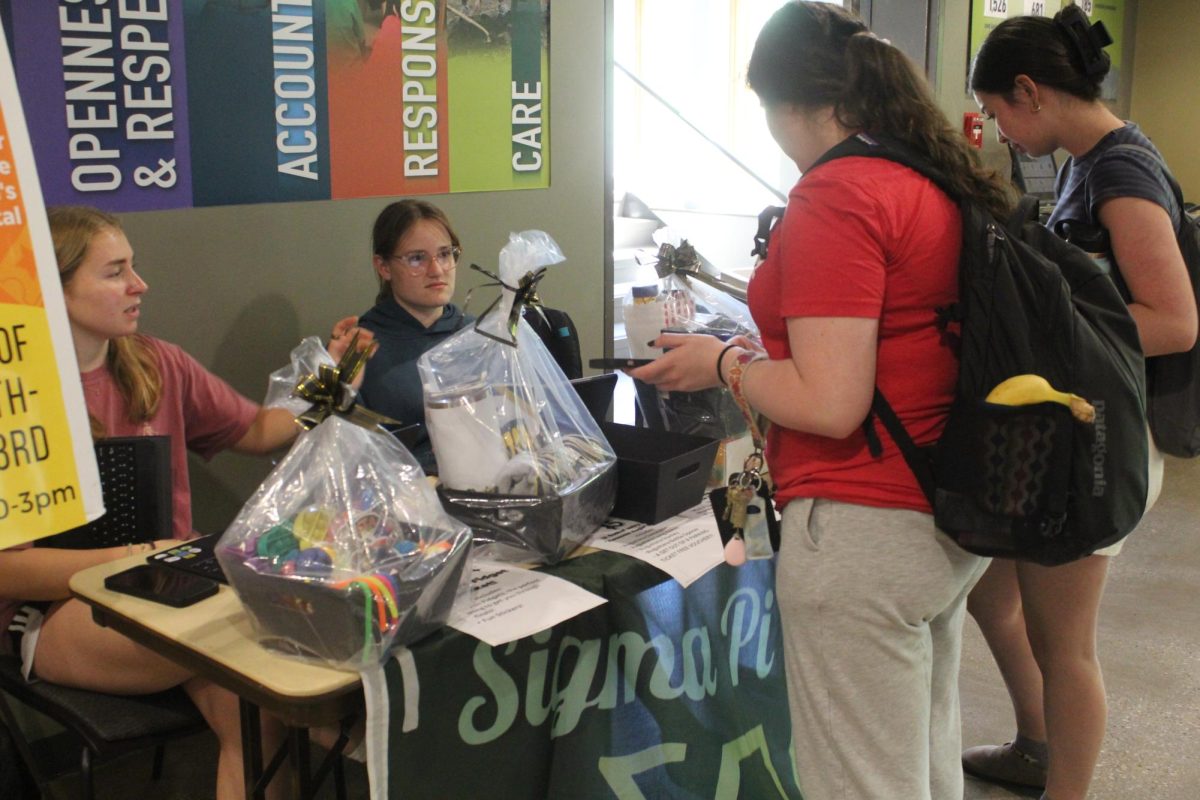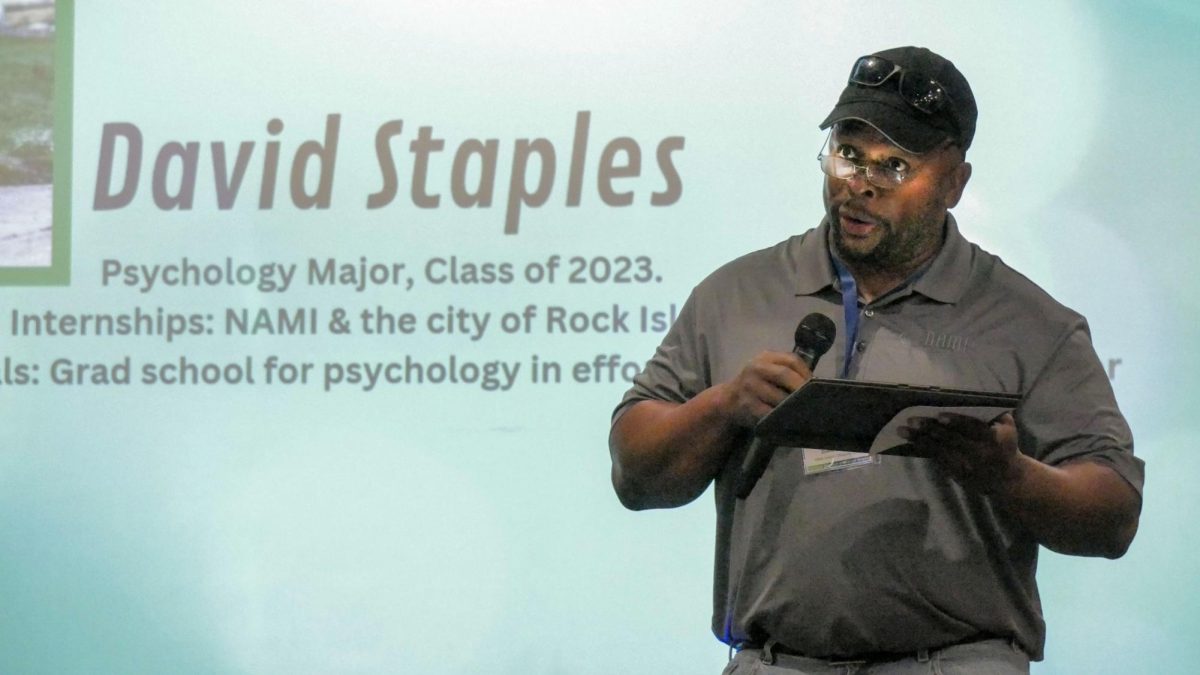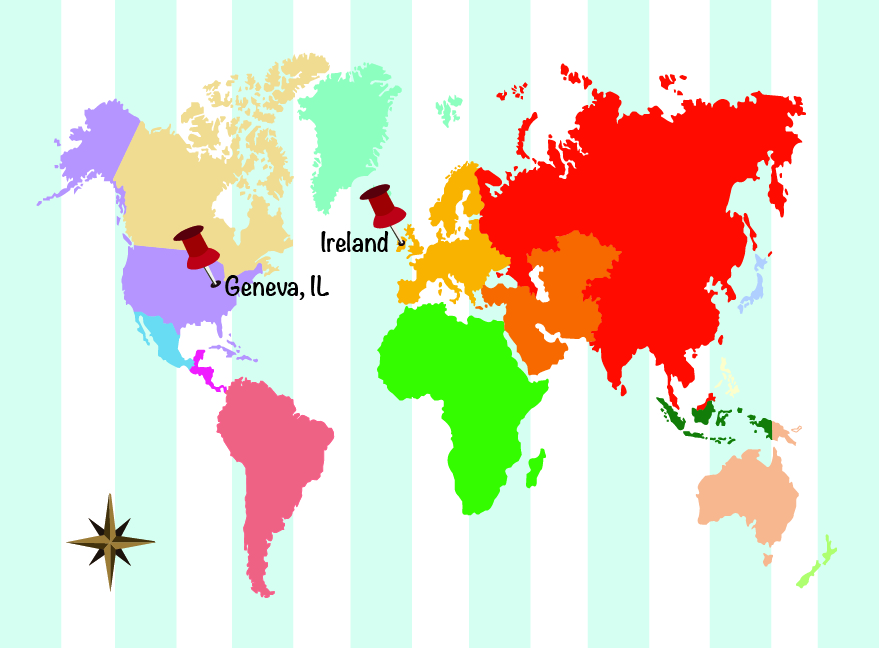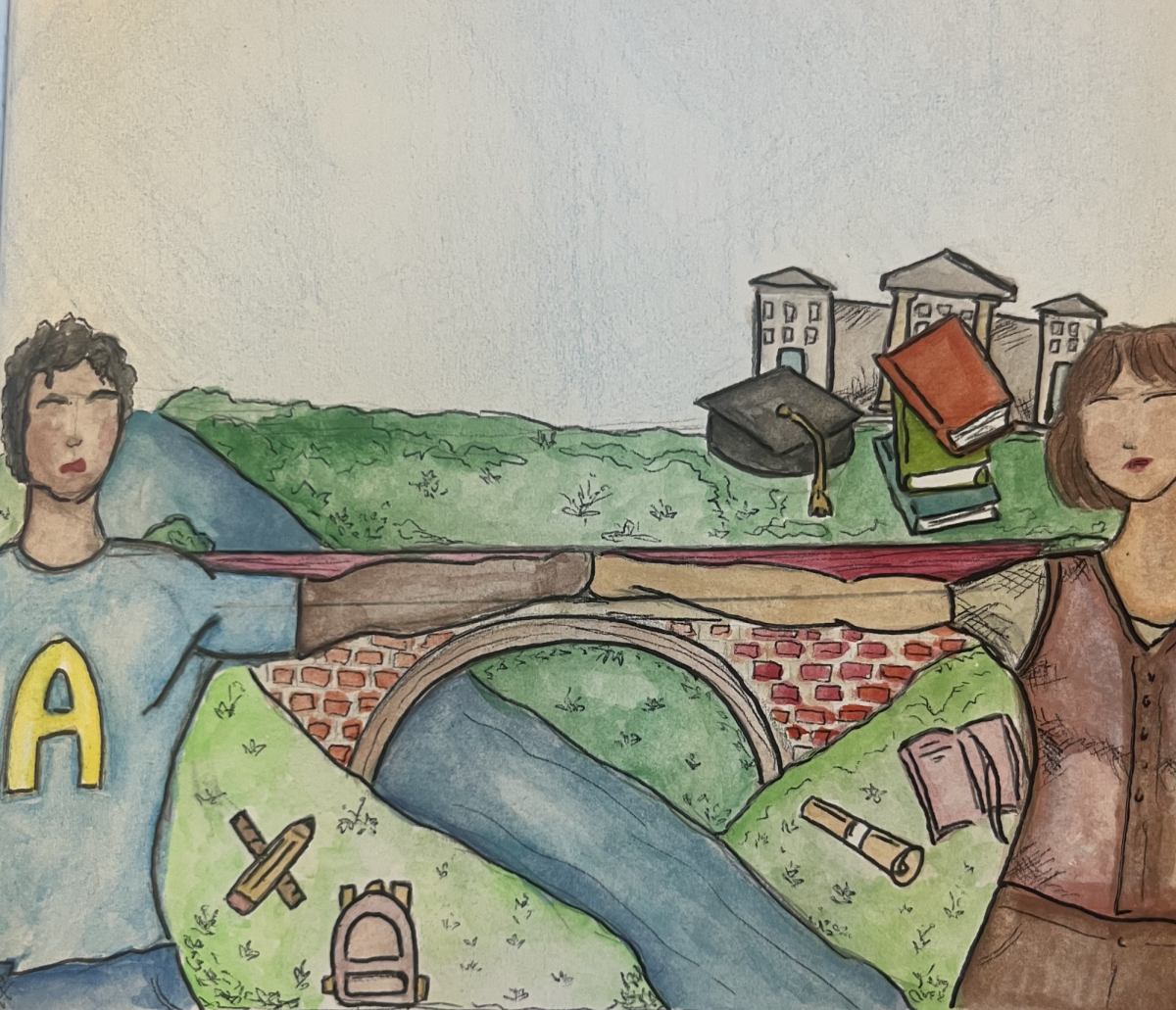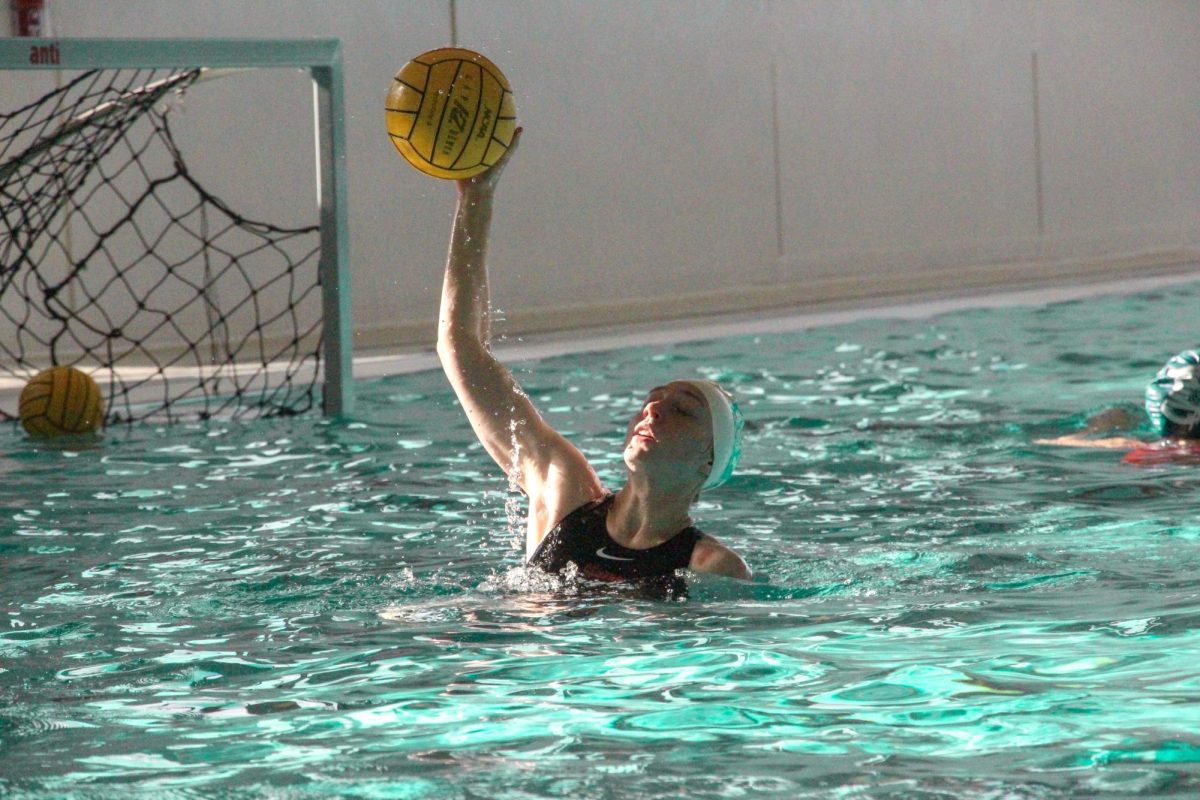Led by Dr. Michael Reisner, students collected data in Rock Island and Moline this summer to create a cleaner Mississippi and prevent the destruction of trees and plant life.
These students sampled trees, insects, and other wildlife in order to discover the state of local watersheds and water quality.
One project, started in May, was to prevent the Emerald ash borer (EAB) beetle from destroying trees in the area. The invasive insect, which was discovered in Rock Island County this fall, infects ash trees and wipes them out quickly.
“A decade ago, (the EAB) was found in Detroit and swept across the Midwest in a big arc and came through most of the Chicago neighborhoods, and it’s marching west,” said Reisner, director of the Upper Mississippi Studies Center.
The city of Rock Island asked the college to collect data on ash trees in order to find out how many are in the area, and how vulnerable they are to the
beetle. If trees are infected with the EAB, treatment can be expensive.
Reisner said the idea of the data collecting is to get ahead of the beetle and stop it before it wipes out the trees in Rock Island.
“Our data would suggest (the EAB) hasn’t spread very far, but it has the potential to spread very rapidly,” he said. “So the idea is to try and have a plan in place so in case, so when it does start to spread, what’s the city going to do proactively.”
Students working with Reisner also collected data to test the water quality of the city, hoping to create a cleaner Mississippi River.
Sampling of trees and herbaceous species—plants that don’t have woody stems—was taken over the summer and last year in ravines and urban watersheds.
“There we would take some water quality samples and test for levels of phosphates and nitrates and ammonia to see if the water is being affected by maybe lawn fertilizer run off or even sewage,” said senior Rosalie Starenko.
“What we’re trying to figure out is if there’s a correlation between the water quality in these ravines and how healthy the herbaceous understory and trees are,” said sophomore Barrie Chileen.
Chileen said a lot of water in the Mississippi goes to the treatment plant, so the data students helped collect will create a better quality river.
“There have been a lot of high levels of ammonia and phosphorous—stuff you don’t want in the water quality,” said Chileen. “This is giving us a good idea of what works and what doesn’t work in these sights, so that maybe we can do some mitigation in the future to help support a healthier watershed.”
Reisner said a summary of the data will be sent to local cities.
“We’re going to prepare a report to the cities of Rock Island and Moline that summarizes the current health of the water sheds from a water quality perspective,” he said.
The Upper Mississippi Studies Center (UMSC)—a center focused on urban and rural sustainability—will start asking cities around the Quad City area on the first of October for proposals, in order to improve their city’s environment.
Part of the Sustainable Working Landscapes Initiative, Reisner said the UMSC will ask cities to submit “a proposal of projects that we compare with existing courses on campus, and trying to tackle a project or a large piece of a project as part of a class in the next academic year.”
Reisner hopes to also create a learning community with Professor of Geography Matthew Fockler for students to work on projects with the city of Rock Island.
“We’re going to have a group of students develop some conceptual ideas for what an urban forest plant might look like and make some recommendations to the city of Rock Island.”
The projects will be beneficial to students and the cities involved.
“The city gets their project done and the students get experience tackling real world problems and projects,” said Reisner.
Students collect data to create a sustainable QCA
September 4, 2014


